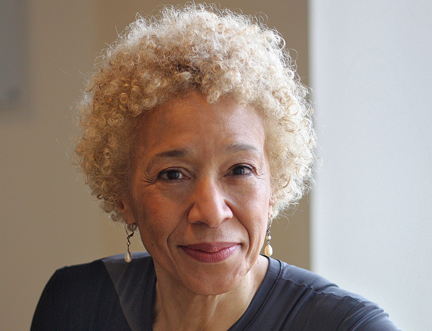We Wear the Mask: 15 Stories about Passing in AmericaPosted in Anthologies, Asian Diaspora, Autobiography, Books, Gay & Lesbian, History, Judaism, Latino Studies, Media Archive, Native Americans/First Nation, Passing, Religion on 2017-10-17 01:52Z by Steven |
We Wear the Mask: 15 Stories about Passing in America
Beacon Press
2017-10-10
224 Pages
Paperback ISBN: 978-080707898-3
Ebook ISBN 978-080707899-0
Size: 5.5 x 8.5 Inches
Edited by:
Brando Skyhorse, Associate Professor of English
Indiana University, Bloomington
Lisa Page, Acting Director of Creative Writing
George Washington University, Washington, D.C.
Fifteen writers reveal their diverse experiences with passing, including racial, ethnic, sexual orientation, gender, and economic.
American history is filled with innumerable examples of “passing.” Why do people pass? The reasons are manifold: opportunity, access, safety, adventure, agency, fear, trauma, shame. Some pass to advance themselves or their loved ones to what they perceive is a better quality of life.
Edited by authors Brando Skyhorse and Lisa Page, We Wear the Mask is a groundbreaking anthology featuring fifteen essays—fourteen of them original—that examine passing in multifaceted ways. Skyhorse, a Mexican American, writes about how his mother passed him as an American Indian before he gradually learned and accepted who—and what—he really is. Page writes about her mother passing as a white woman without a black ex-husband or biracial children. The anthology also includes essays by Marc Fitten, whose grandfather, a Chinese Jamaican, wanted to hide his name and ethnicity and for his children to pass as “colored” in the Caribbean; Achy Obejas, a queer Jewish Cuban woman who discovers that in Hawaii she is considered white. There’s M. G. Lord, who passes for heterosexual after her lesbian lover is killed; Patrick Rosal, who, without meaning to, “passes” as a waiter at the National Book Awards ceremony; and Sergio Troncoso, a Latino man, who passes for white at an internship on Capitol Hill. These and other compelling essays reveal the complex reality of passing in America.
Other contributors include:
- Teresa Wiltz, who portrays how she navigated racial ambiguity while growing up in Staten Island, NY
- Trey Ellis, the author of “The New Black Aesthetic,” who recollects his diverse experiences with passing in school settings
- Margo Jefferson, whose parents invite her uncle, a light-complexioned black man, to dinner after he stops passing as white
- Dolen Perkins-Valdez, who explores how the glorification of the Confederacy in the United States is an act of “historical passing”
- Gabrielle Bellot, who feels the disquieting truths of passing as a woman in the world after coming out as trans
- Clarence Page, who interrogates the phenomenon of “economic passing” in the context of race
- Susan Golomb, a Jewish woman who reflects on the dilemma of having an identity that is often invisible
- Rafia Zakaria, a woman who hides her Muslim American identity as a strategy to avoid surveillance at the airport

